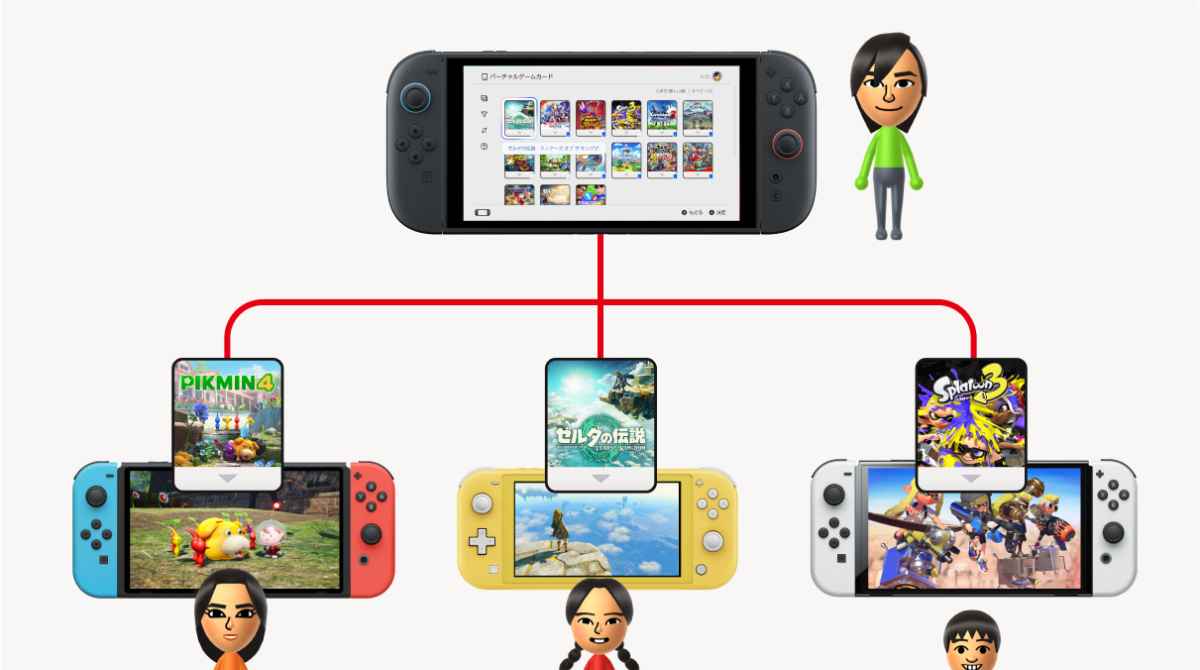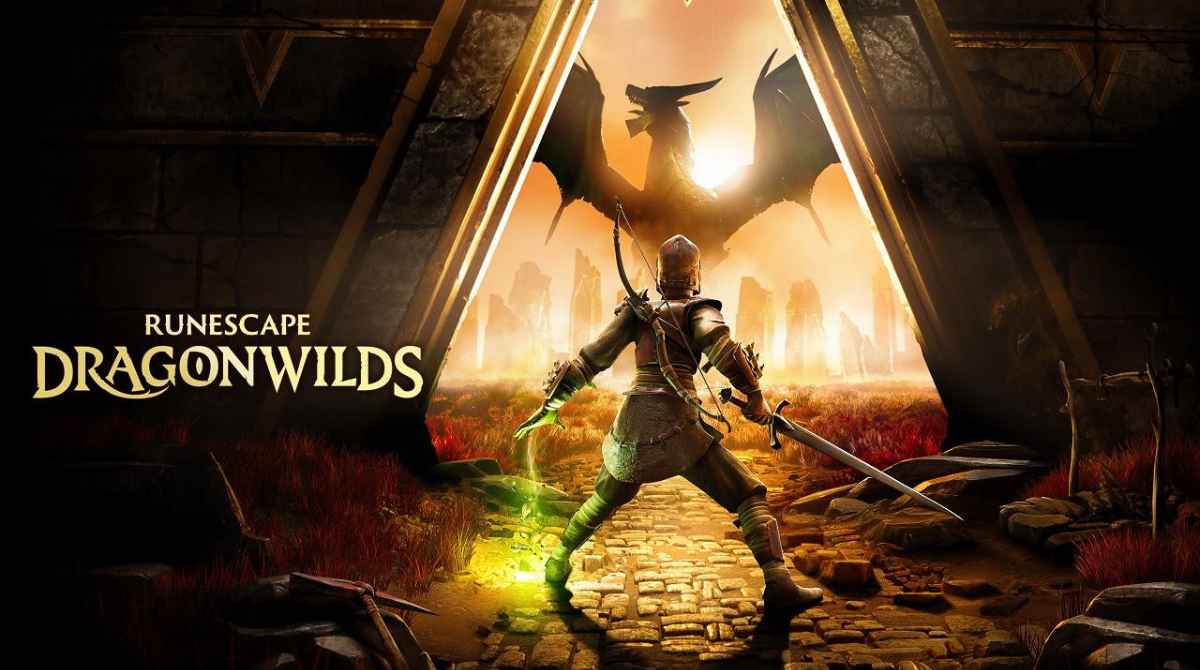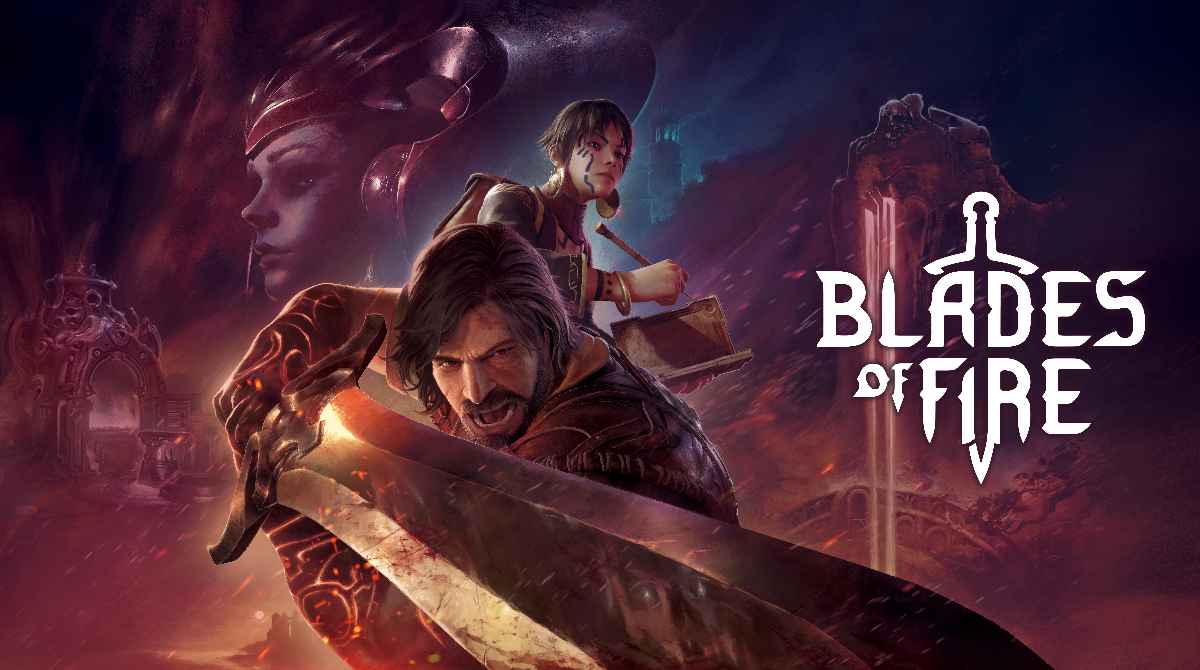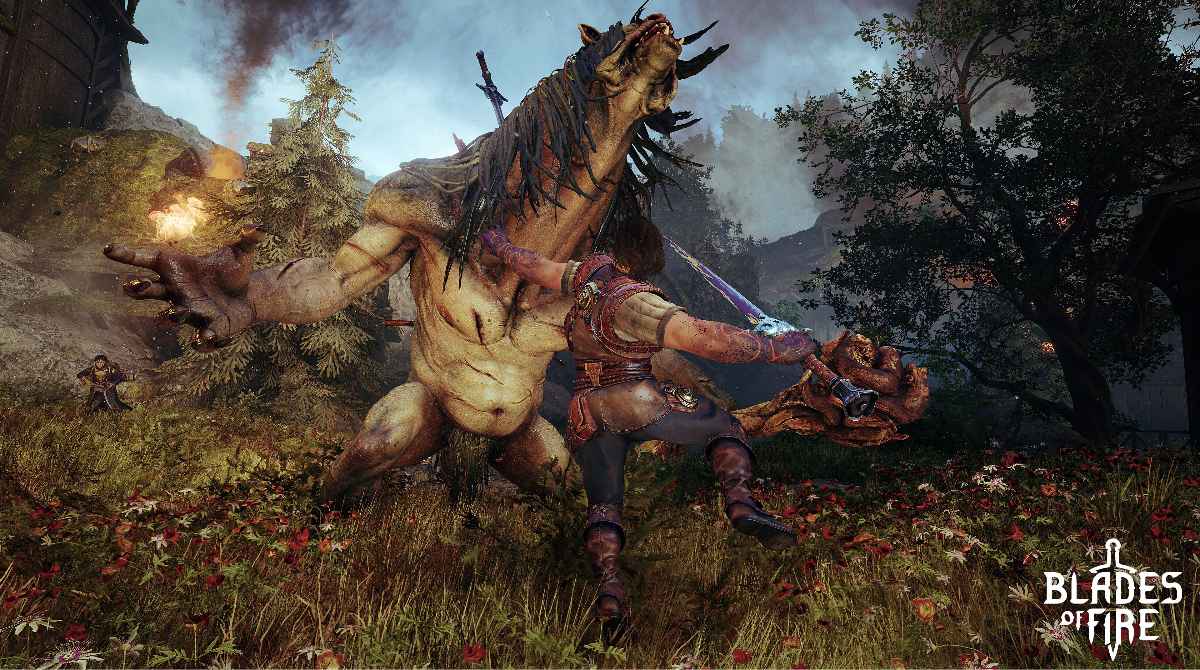Ubisoft Leamington has officially closed its doors. The studio confirmed the closure via a social media post on April 2nd, 2025, following earlier reports of its planned shutdown as part of wider restructuring efforts by Ubisoft announced in January 2025.
Studio history and contributions
Ubisoft acquired the Leamington Spa-based studio, formerly known as FreeStyleGames, from Activision in 2017.
Before the acquisition, as FreeStyleGames, the studio developed the acclaimed rhythm game series DJ Hero and Guitar Hero Live.
Under the Ubisoft Leamington banner, the studio primarily acted in a co-development or support capacity on several major Ubisoft titles.
Their contributions included work on games such as Tom Clancy’s The Division and The Division 2, Avatar: Frontiers of Pandora, Star Wars Outlaws, and most recently, Assassin’s Creed Shadows.
Context of the closure
The decision to close Ubisoft Leamington stems from Ubisoft’s previously announced cost-cutting measures and restructuring plans revealed in January 2025.
These plans also involved layoffs and changes at other Ubisoft studios, including Ubisoft Düsseldorf, Ubisoft Stockholm, and Ubisoft Reflections.
Reports suggest the official closure date for Leamington was April 1st, 2025, after a consultation period.

Next steps and related studios
Ubisoft Leamington will merge its social media account with Ubisoft Reflections.
Reflections, based in Newcastle upon Tyne, is another long-standing UK studio known for creating the Driver series and Grow Home, and has also contributed support to numerous Ubisoft projects.
The Leamington closure announcement noted that remaining team members would still be present locally and at industry events.
Industry impact and discussion
The closure of Ubisoft Leamington adds to a series of restructurings and studio shutdowns seen across the games industry recently.
What are your thoughts on Ubisoft Leamington’s contributions, particularly their work on the DJ Hero series or their support role on recent Ubisoft titles?
How do you view the current trend of consolidation and restructuring within major game publishers? Share your perspectives in the comments.













